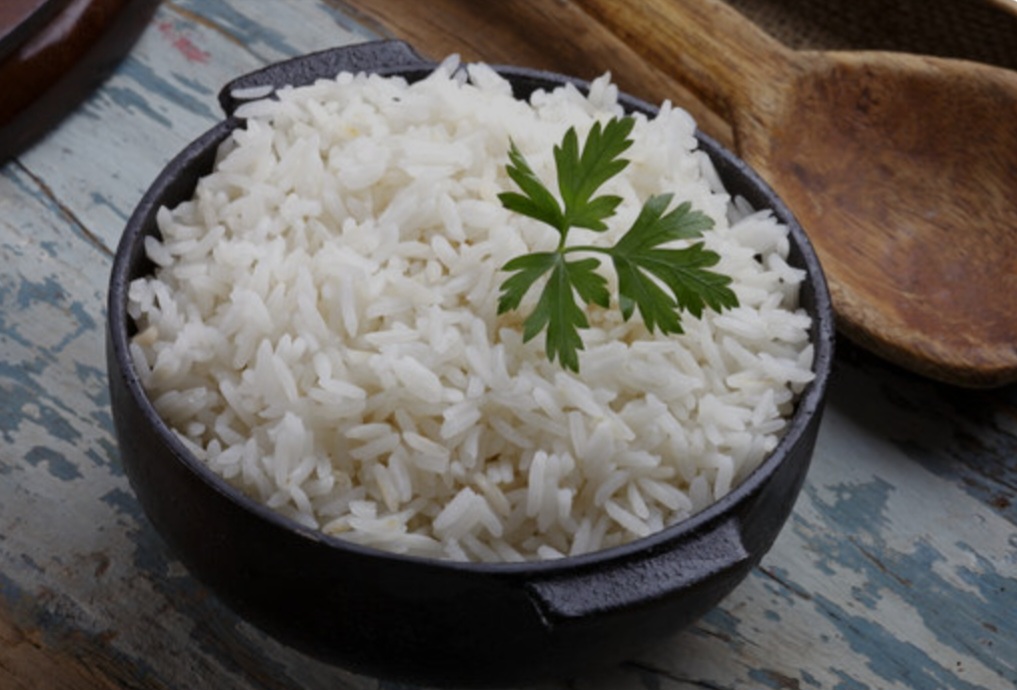By: Elizabeth A Kaine
Sierra Leone is in the grip of a devastating rice crisis, leaving millions struggling to access this staple food despite its availability. The reintroduction of a 5% import duty under the 2024 Finance Act has sent prices soaring, making rice unaffordable for many.
Historically, locally grown rice was more expensive than imported rice, but prices converged around 2010. However, since 2007, imported rice prices have increased faster than local rice prices and inflation measures, making it difficult for consumers to afford.
The Government’s decision to reimpose the import duty has been widely criticized, with consumer advocacy groups and experts arguing that it has worsened the situation. The promised pricing formula for essential commodities, intended to stabilize prices, remains unimplemented, fueling public frustration and skepticism.
For traders like Fatmata Kargbo, the situation is bleak. “There’s rice in the country, but it’s too expensive for most people to afford. The government’s policies have made it impossible for us to sell at a reasonable price.”
Petty trader Isatu Jabbie, a single mother of four, faces similar challenges. “The price of rice has been increasing steadily over time, making it difficult for us to sell. It used to be Le 550, then it went up to Le 650, then Le 800, and now it’s Le 1000. We can’t keep up with these constant price hikes.”
Businessman Tamba Lamina urges the government to invest in agriculture to reduce food insecurity. “It’s the responsibility of every president or government to ensure food security. Investing in agriculture will help reduce food prices and prevent future problems.”
As the situation spirals out of control, the Government must act swiftly to ease the burden on consumers and businesses. Removing the 5% import duty on rice, improving agricultural infrastructure, and implementing the promised pricing formula can help stabilize prices and ensure access to this essential commodity.
The convergence of local and international prices has both positive and negative impacts on poor households, including increased stability in domestic rice markets, potential benefits for net consumers, and improved efficiency in production and consumption decisions.
However, the impact of other possible factors, including reduced domestic production, increasing demand from urban residents and middle class, increasing informal exports to Guinea and Liberia, and market manipulation by merchant cartels, are difficult to measure with the existing data, but will be priority areas for further investigation.
The question on everyone’s mind is: will the Government act in time to prevent further suffering, or will the situation continue to deteriorate? Only time will tell.






